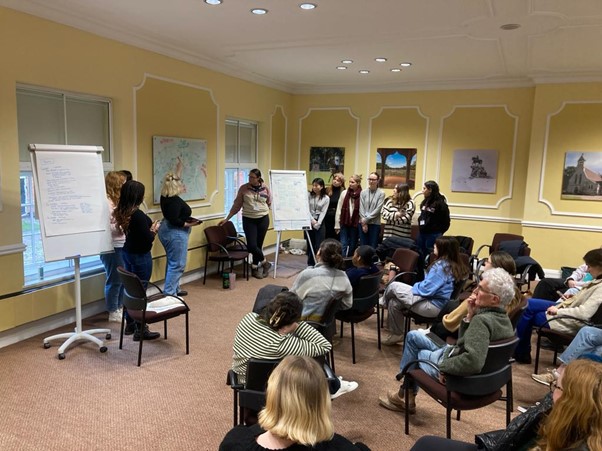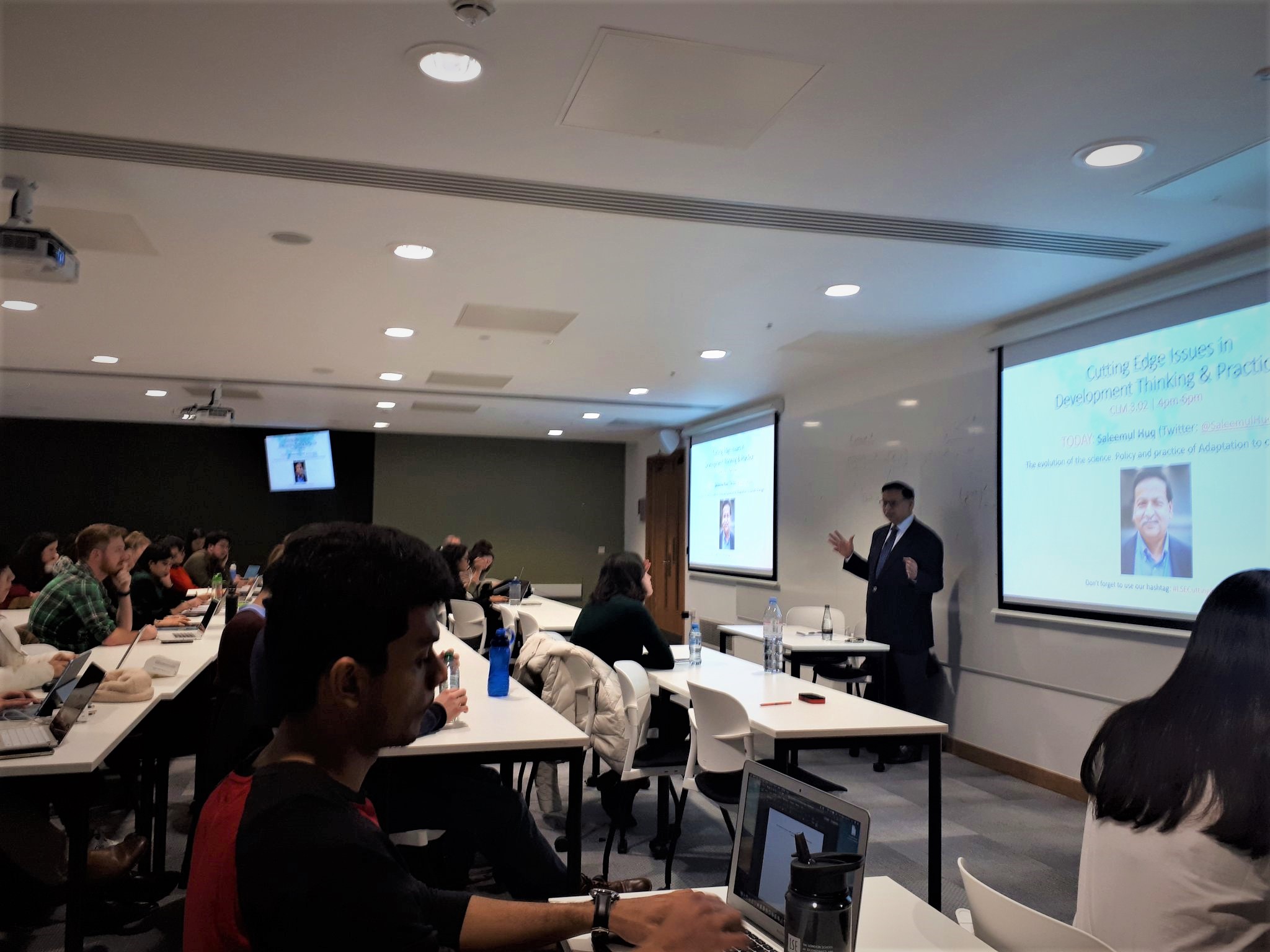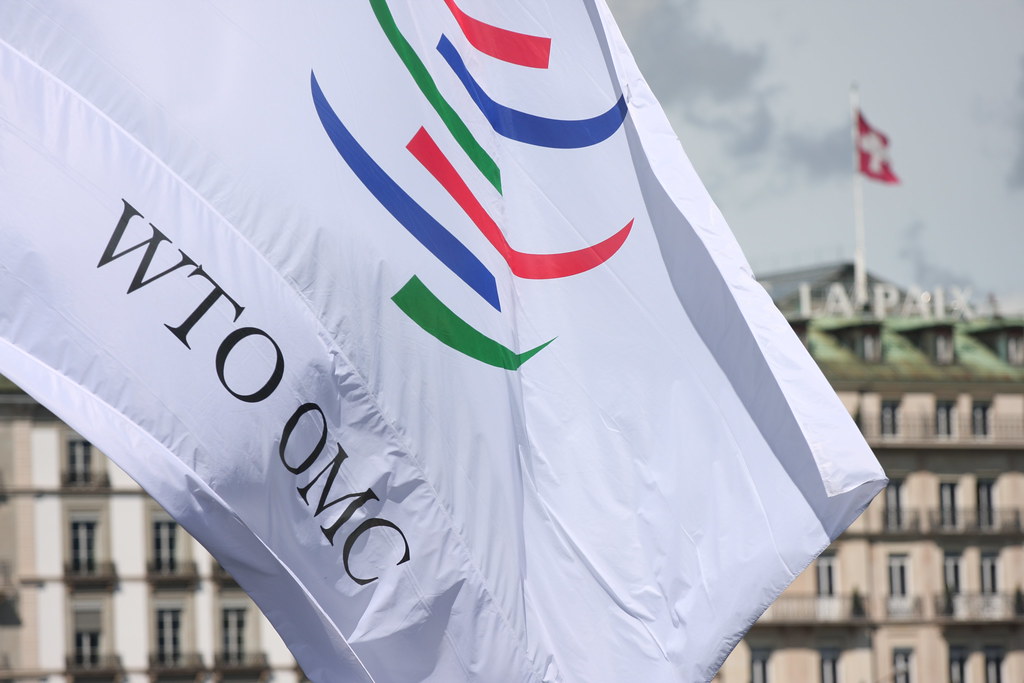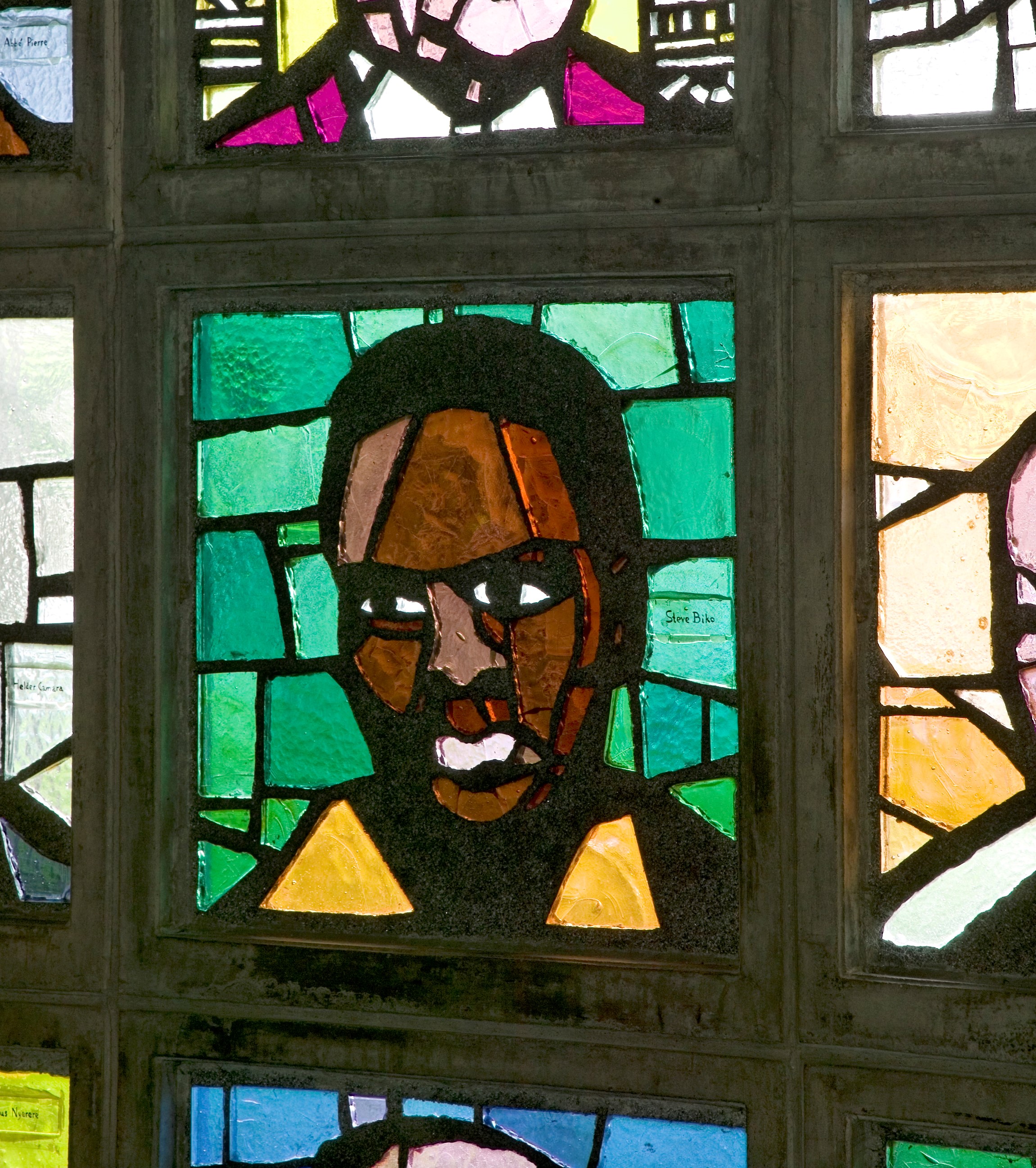“200,000 refugees are fleeing the civil war and arriving into nearby country”, a task that 38 students and myself from the International Development and Humanitarian Emergencies program at LSE joined by four peers from Liverpool had to simulate over an intensive weekend in the regal Cumberland lodge and the beautiful scenes of Windsor.
The weekend for me was nothing short of engaging conversations with fellow peers from all over the world each bringing their own experiences and insights, good food and most importantly an understanding that my strength does not lie in acing pub quizzes (major shoutout to Megan O’Brien for making it a fun first (and maybe last) pub quiz for me).
The weekend involved working on two simulations: the first was related to the high-level negotiations that often occur between stakeholders involved in a crisis (i.e., government officials represented by the office of the Prime Minister, international bodies represented by UN agencies, and public and private donors such as the World Bank Group and local actors represented by NGOs and refugees themselves). I was a representative of the UNHCR, (hopefully to continue manifesting this energy beyond the simulation), the leading body in a refugee crisis, and my work involved negotiating with the government and other stakeholders ensuring that the suffering of refugees is alleviated, and financial needs are met. Portraying the role of UNHCR, I realised that my underlying motivation should always be in support of vulnerable populations, and that this can involve praising and agreeing with actors and governments that do not portray a similar ethical compass. This is in order to guarantee, by the words of Sir Mark Lowcock, “access to vulnerable populations and funding to support them”. It was about ‘dancing with the system’, understanding different leverage mechanisms, and bringing forward things that matter.
In this simulation, it was fascinating how the interests of each actor were clearly portrayed in their requests and negotiations, a reflection of the clear power dynamics and leverage each stakeholder enjoys, as discussed in DV428 and DV455. This scenario gave us a real taste of how the humanitarian system operates in the real world. Imagine having the United Nations Under-Secretary-General for Humanitarian Affairs and Emergency Relief Coordinator, along with distinguished professors, our very own Professor Stuart Gordon, Ian Madison and Dr. Myfanwy James, right there with us providing feedback and drawing on an extensive experience at the heart of global humanitarian work!

What struck a chord with me was the discussion on the Syrian refugee crisis and all its implications: mobilising large pool of funds on an international level due to a ‘securitization’ lens but also how the perception of the ‘refugee’ differed in how the incoming flux of refugees were treated in Lebanon and in Jordan. I still remember how, at the beginning of the crisis, refugees were welcomed into Lebanon with open arms, touching on the rhetoric of similar identities and shared histories. This rapidly changed as resources became scarcer and Lebanon started facing economic downturn resulting in the emergence of securitization lens advocating for the establishment of camps on the borders between and Syria and later the call for the return of the refugees. In a sense, it showed that social and historical lens play an important role in how governments will negotiate and whether they’ll accept to host refugees or not.

The second simulation required us to start establishing the camp for the 200,000 refugees based on the SPHERE standards and included surprise ‘“role players’” who were voicing real life scenarios that humanitarian workers would often face (such as the disease outbreaks in camps). This scenario brought a new perspective on the need to incorporate local voices in setting camps whether be it through including them in the discussions on camp settlements or camp management. This simulation really allowed me to rethink some of the critical perspectives that I had when it comes to emergency response. Simply stated there’s no “perfect approach”: real life planning requires a lot of prioritization, coordination and communication and this might fail at some point but what shouldn’t, is the general goal of protecting populations escaping crisis.

This weekend was quite a journey into the heart of humanitarian work, blending the theory with practical exercises and deepening my understanding of the complexities and responsibilities that come with working in the humanitarian sphere. It was also a great venue to meet incredible people (including two fellow Chevening awardees from Liverpool University), live in a very ‘princess vibe’ room, walk around to Windsor castle and most importantly seeing the deer roaming around in freedom.

Rewa El Masry
It had been an extended period since I last embarked on a school trip, and the moment I arrived at Cumberland Lodge, waves of nostalgia washed over me. The bus journey from university to the lodge, the anticipation of meeting new roommates, the camaraderie formed during communal dinners, the excitement of participating in the pub quiz, and the leisurely strolls around the picturesque grounds — each of these experiences kindled a beautiful and familiar feeling deep within me. Upon our arrival, the atmosphere at Cumberland Lodge was charged with excitement and curiosity.
Setting the stage for the inaugural simulation, a scenario unfolded where 200,000 refugees sought refuge from the civil strife engulfing the African nation of Gaellica, seeking sanctuary in the neighbouring region of Saxonia. Hypothetically, approximately 50,000 refugees had sought shelter in and around the town of Muck, situated in the border district of Hebridea. Consequently, a pivotal stakeholder assembly convened to deliberate on several critical issues. Among these deliberations were considerations regarding the necessity of establishing a refugee camp, the feasibility of mandating refugees’ residence within such camps as opposed to affording them the liberty to settle freely in Saxonia, the optimal location for said camp, and the entitlement of refugees to pursue employment and other civil and economic liberties.
The session provided me with several significant insights: Firstly, I underestimated the extent of the necessary conversations required for participation in such endeavours. Secondly, I gained an understanding of the cluster system and its impact on refugee camps, including how power dynamics and the exercise of “veto” authority can disillusion refugees when influencing decisions. Most notably, I was enlightened about the complexities surrounding land rights in the establishment of refugee camps and their implications in power dynamics. Additionally, another aspect of power dynamics lies in the authority wielded by countries and aid organizations to determine the eligibility for resettlement, underscoring the intricate power dynamics at play.
In the second simulation, our role was that of the NGO, specifically the Norwegian Refugee Council (NRC), which had been enlisted as the Site Management Agency. This appointment transpired because the Saxonia government extended an invitation to the UNHCR to set up a formal camp capable of accommodating 50,000 refugees who were already present in the vicinity as well as an additional 150,000 within the Windsor Great Park, situated just outside the town of Muck. Our session welcomed various role players tasked with providing pertinent information or serving as representatives of distinct humanitarian organizations actively engaged in conducting needs assessments or operating within the vicinity.
Once more, my main insights from this session highlighted my astonishment at the immense effort required to establish a refugee camp. It became evident that logistical challenges were just one aspect; equally crucial was the substantial effort invested in fostering relationships with the international community, the local community, the countries involved in sending/receiving these refugees, and the refugees themselves to facilitate this endeavour. This simulation underscored the realization that there may not exist a “perfect” response to crises that I thought existed and fostered a greater sense of empathy towards the individuals and organizations involved in these intricate processes. They face multifaceted considerations and challenges, which demand meticulous attention and thoughtful deliberation.
Engaging in this exercise has heightened my awareness as a humanitarian, instilling in me a greater sense of conscientiousness that will undoubtedly guide me in making sound decisions. It serves as a constant reminder not to overlook the voices of the refugees whom we aim to serve—a crucial aspect, these simulations showed, as often neglected in our discussions and planning.
Batshala Rijal
The views expressed in this post are those of the author and in no way reflect those of the International Development LSE blog or the London School of Economics and Political Science.
Image Credit: Rewa El Masry





